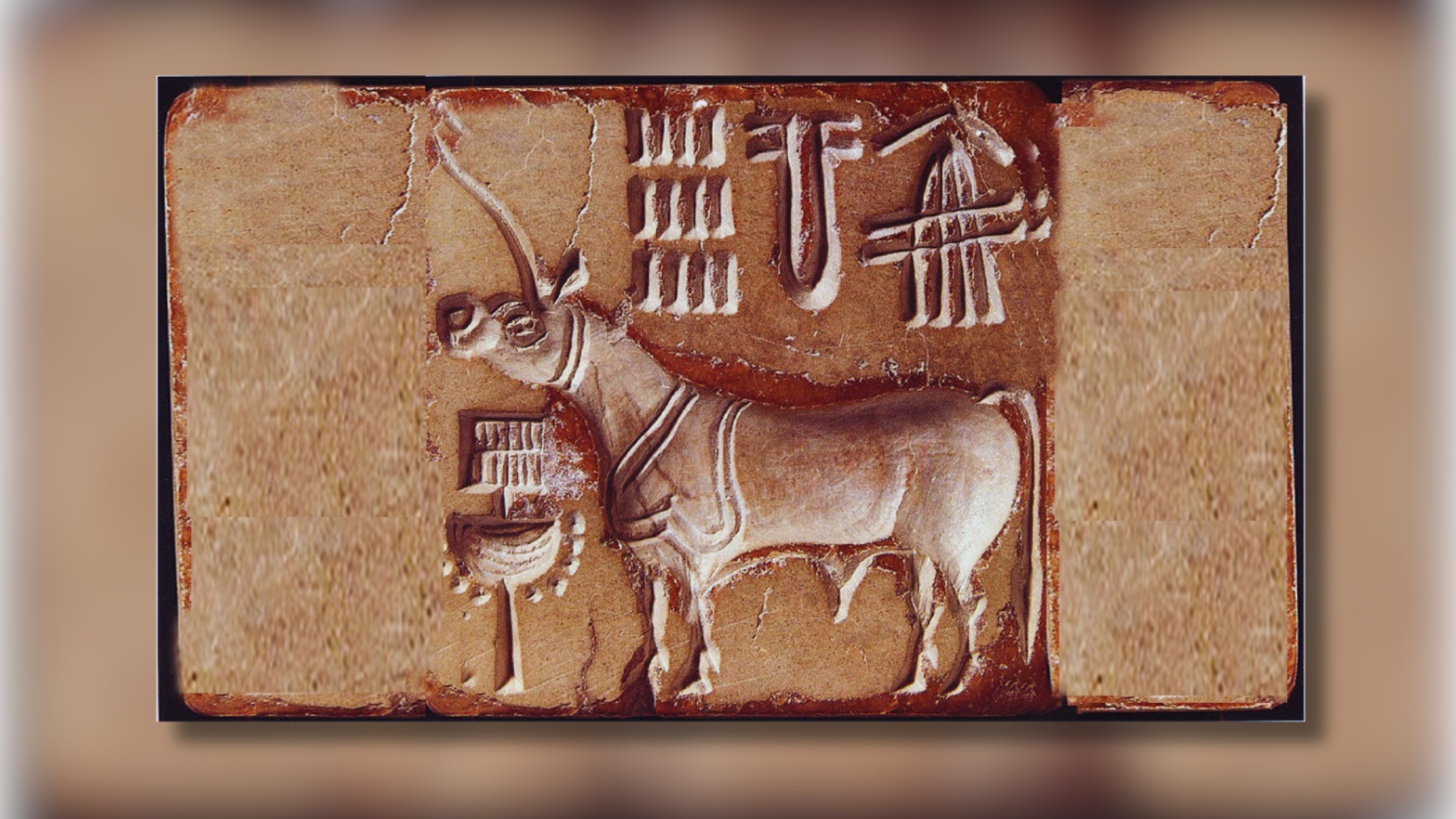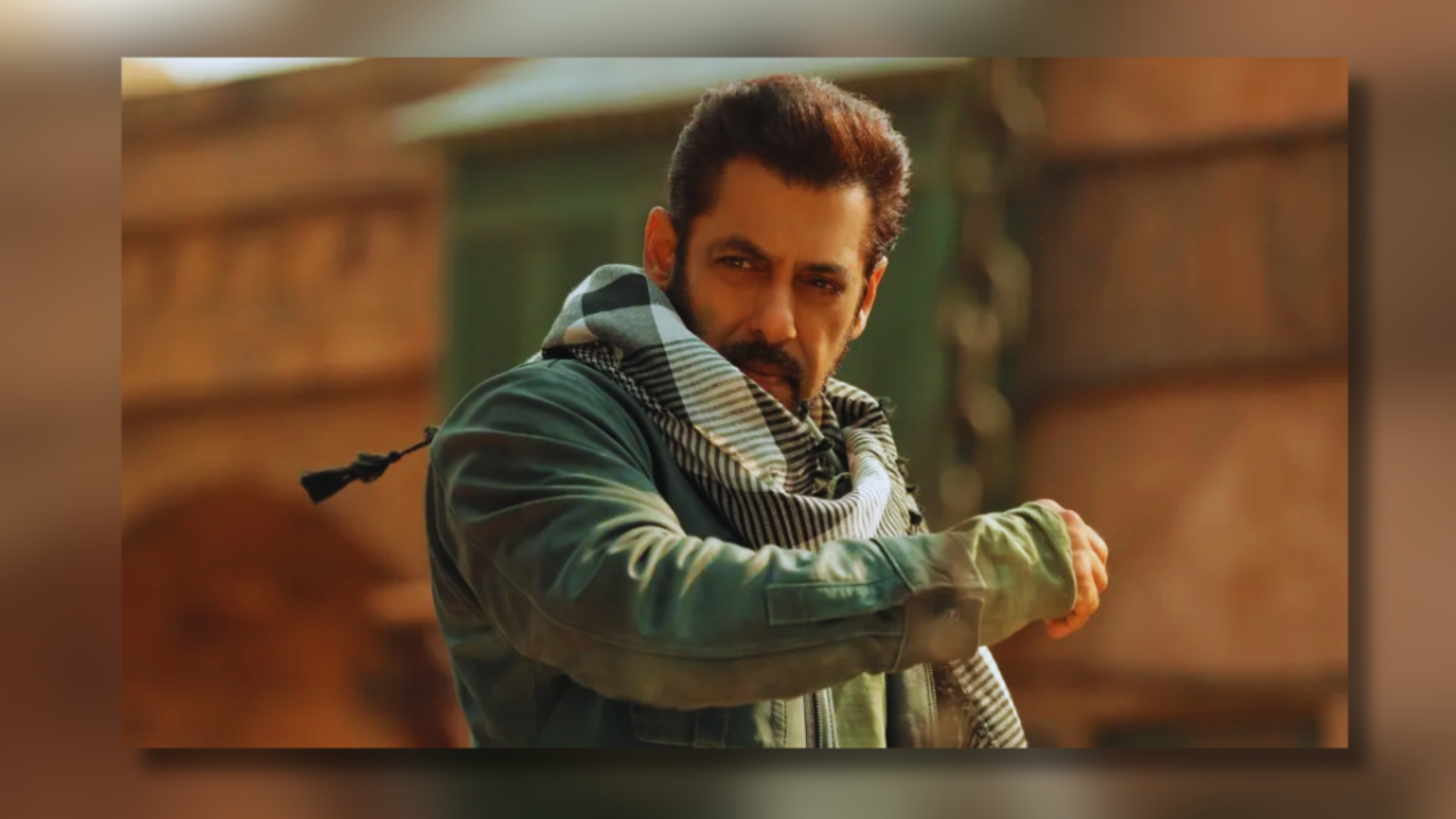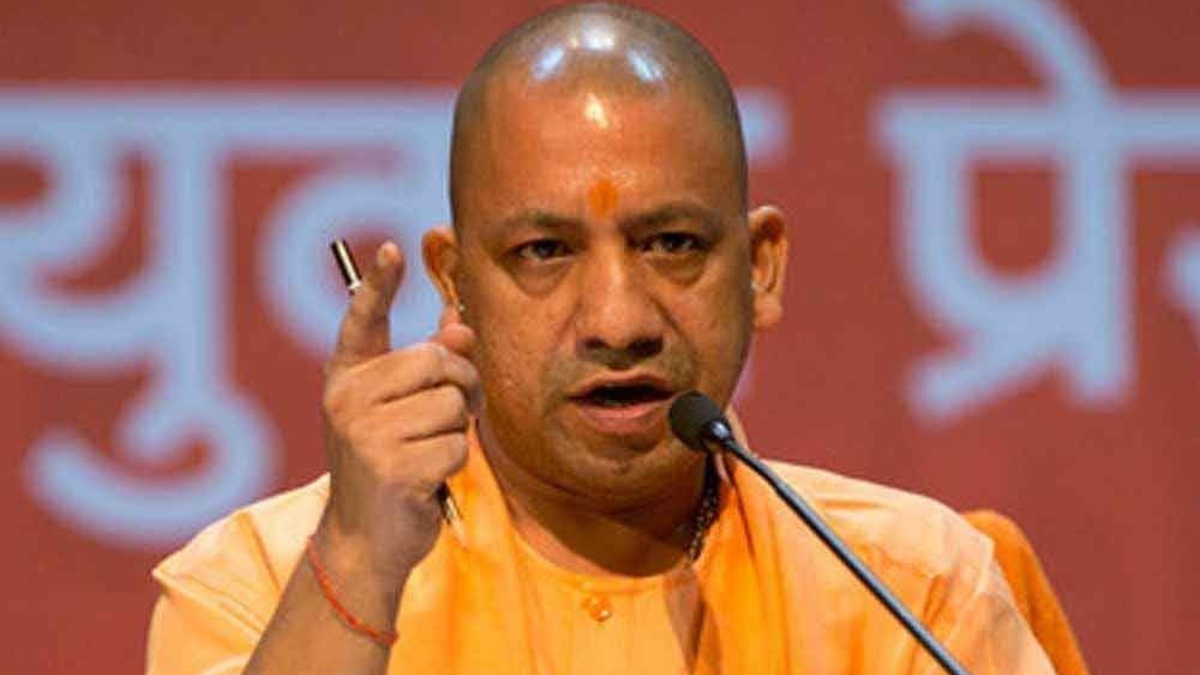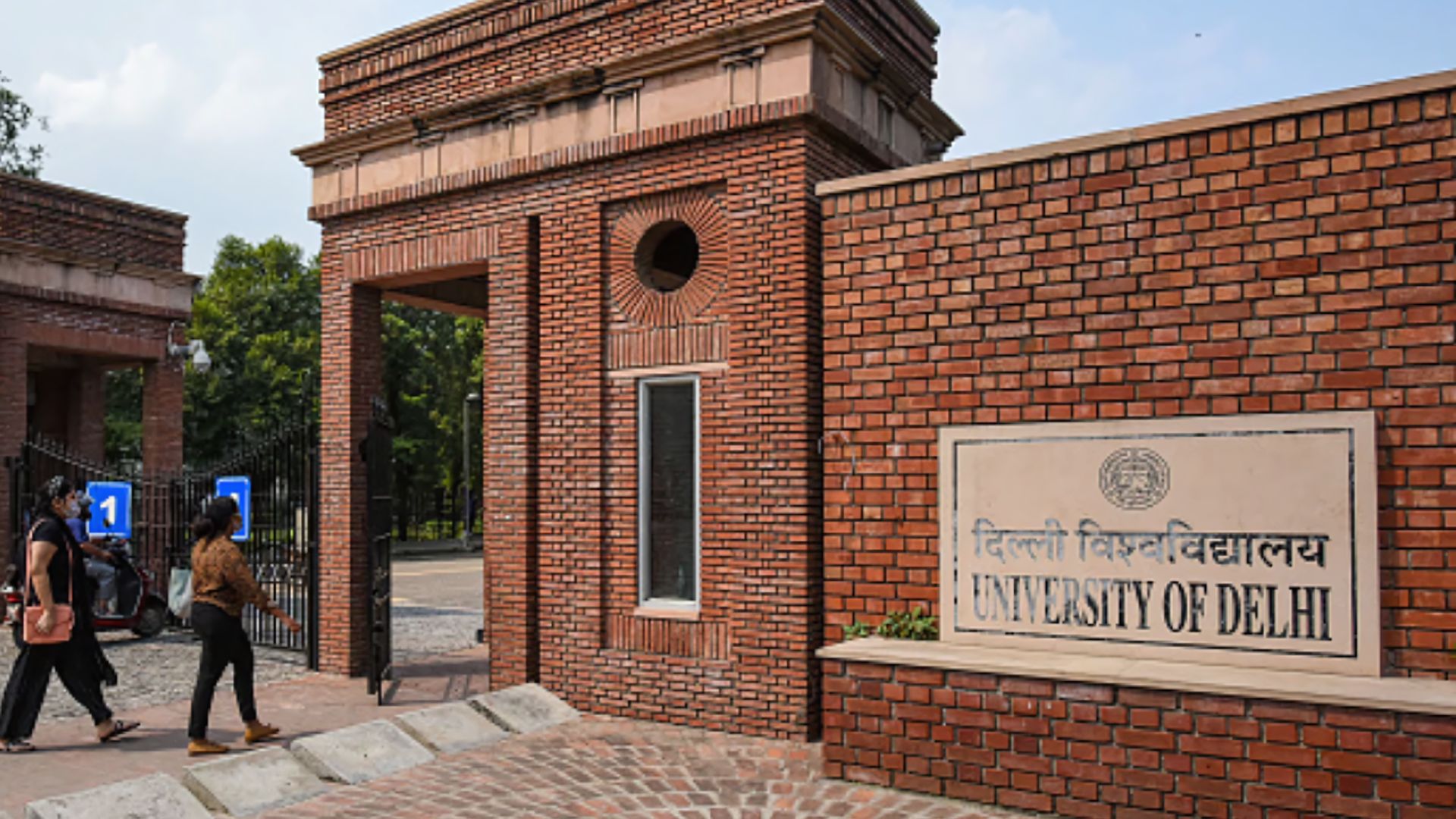


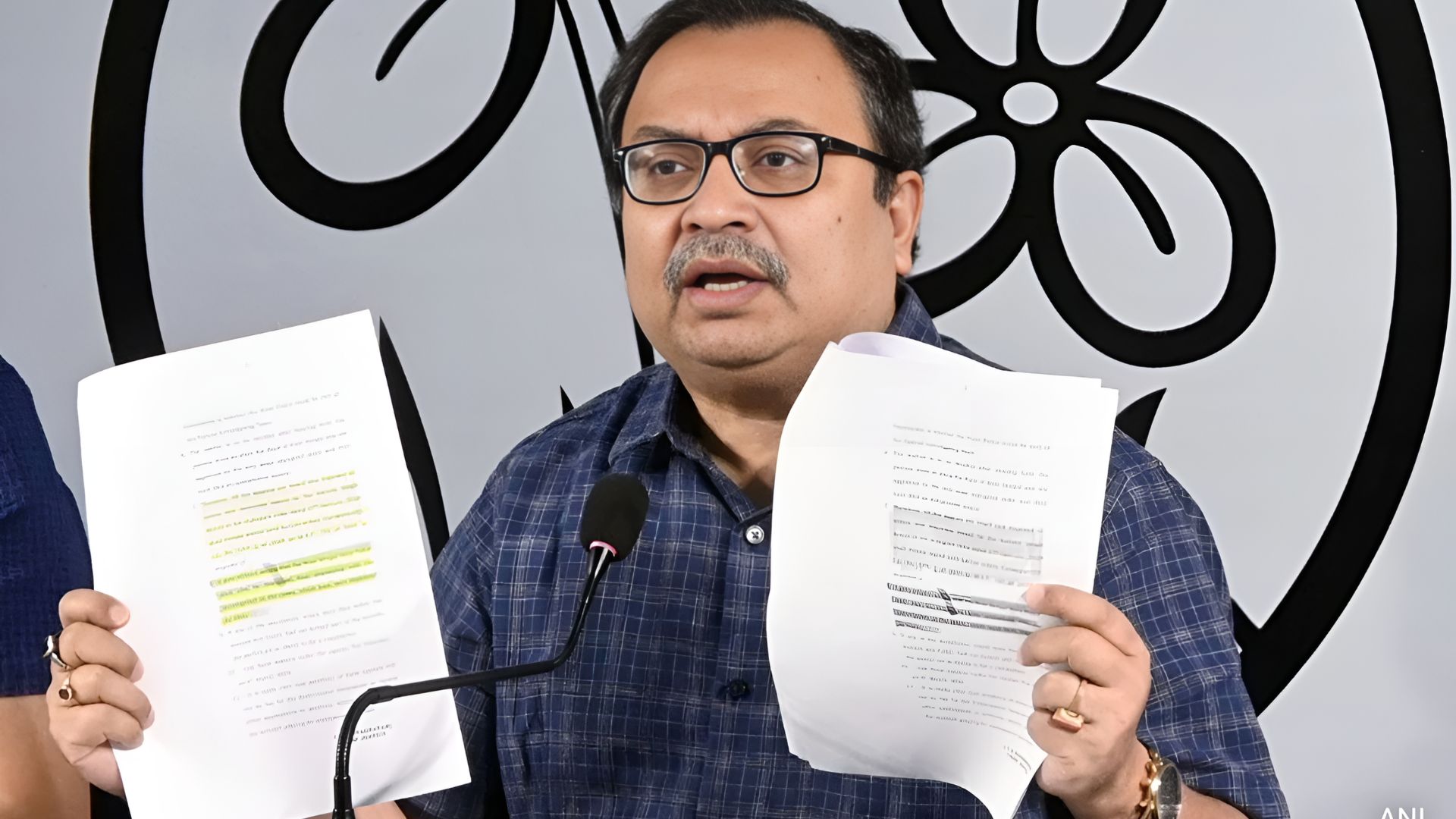

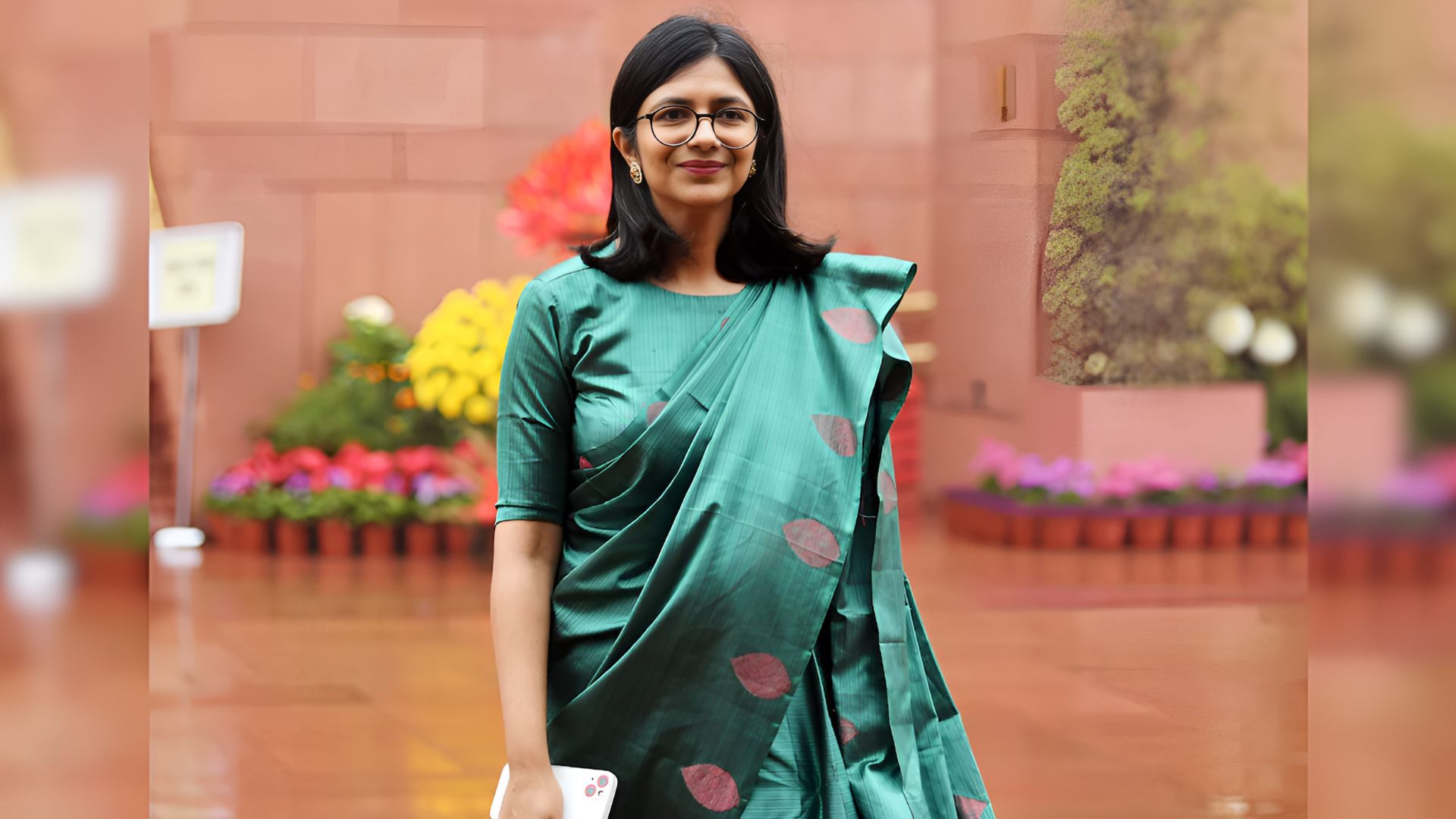
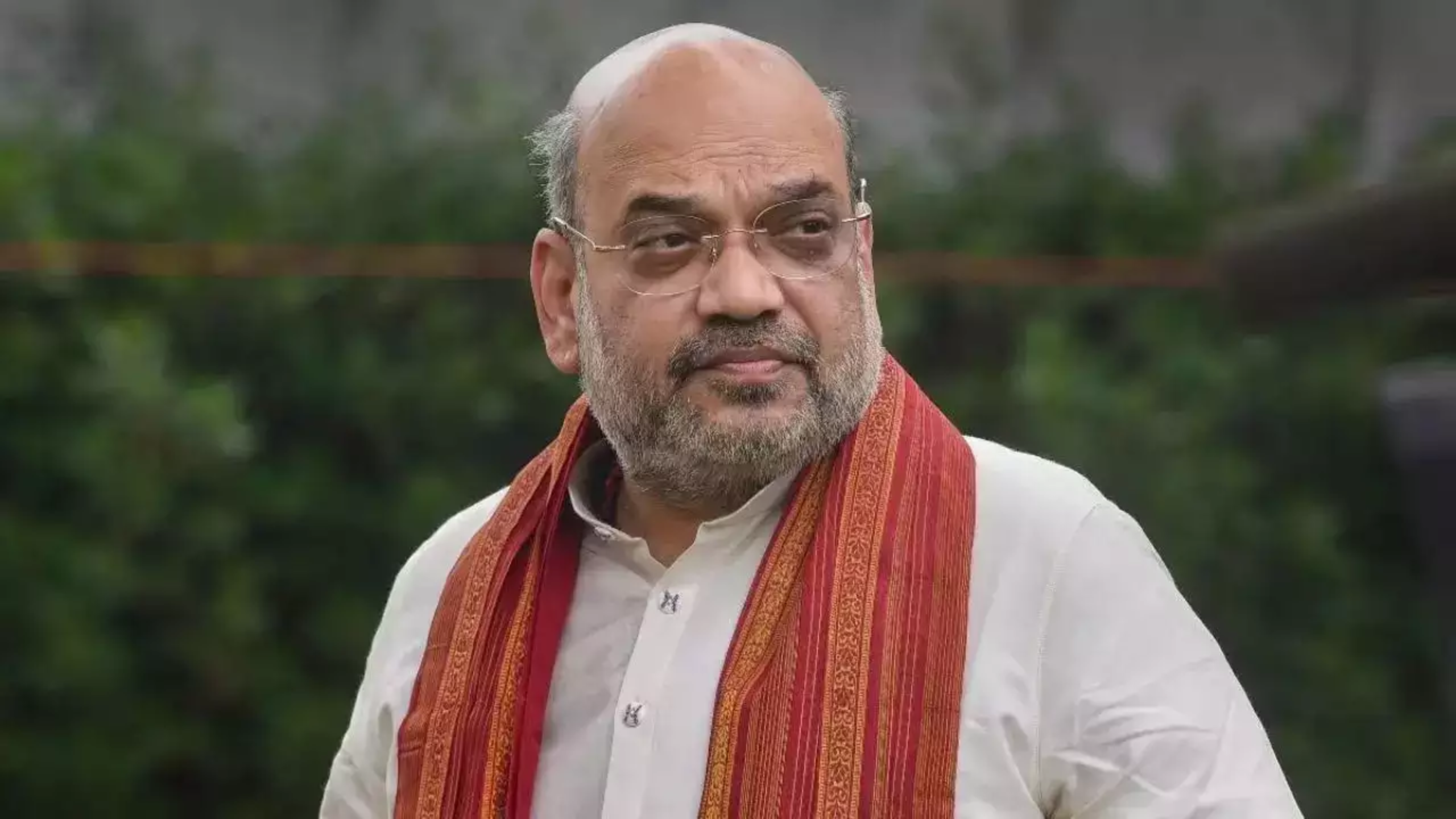
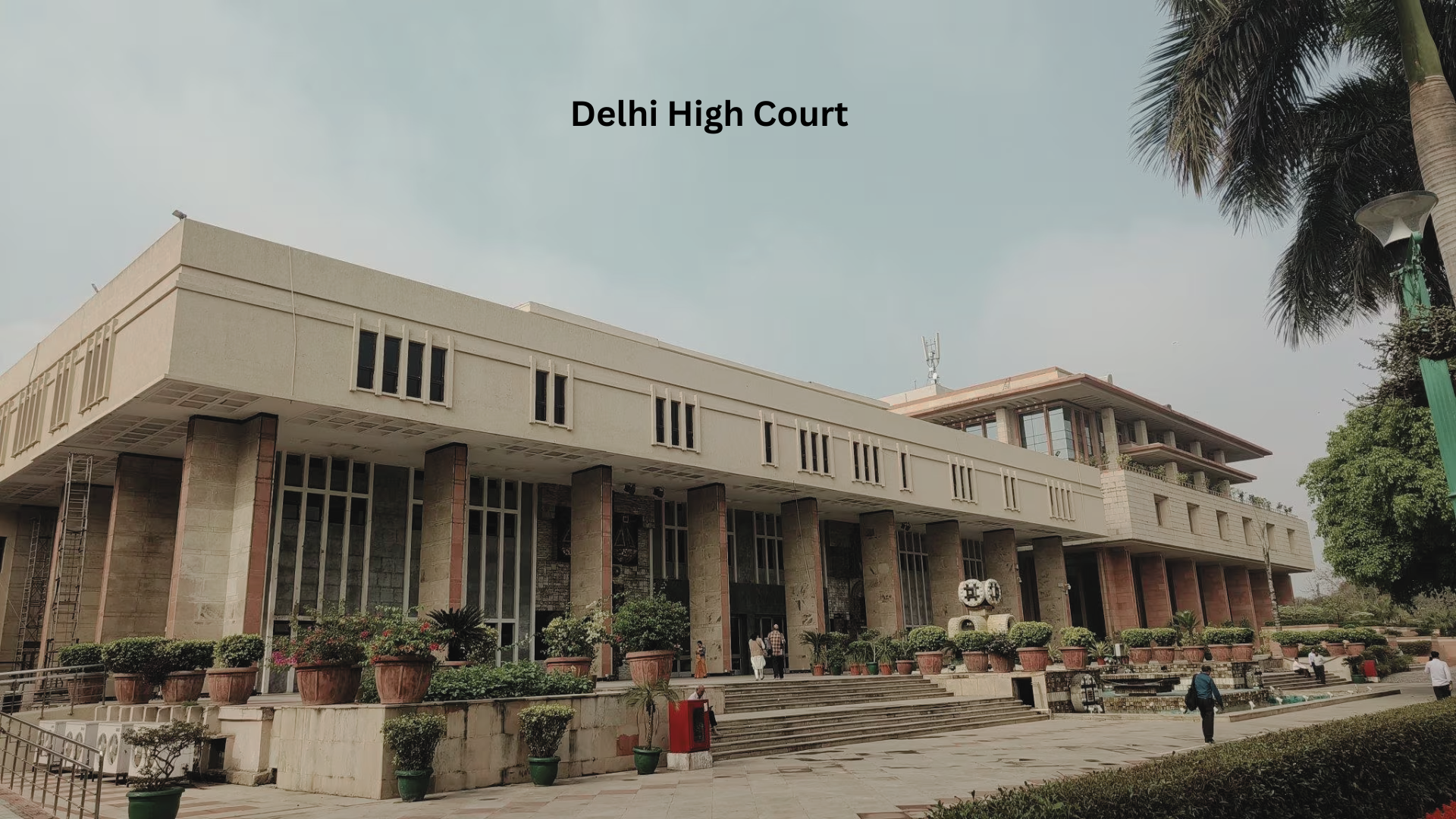
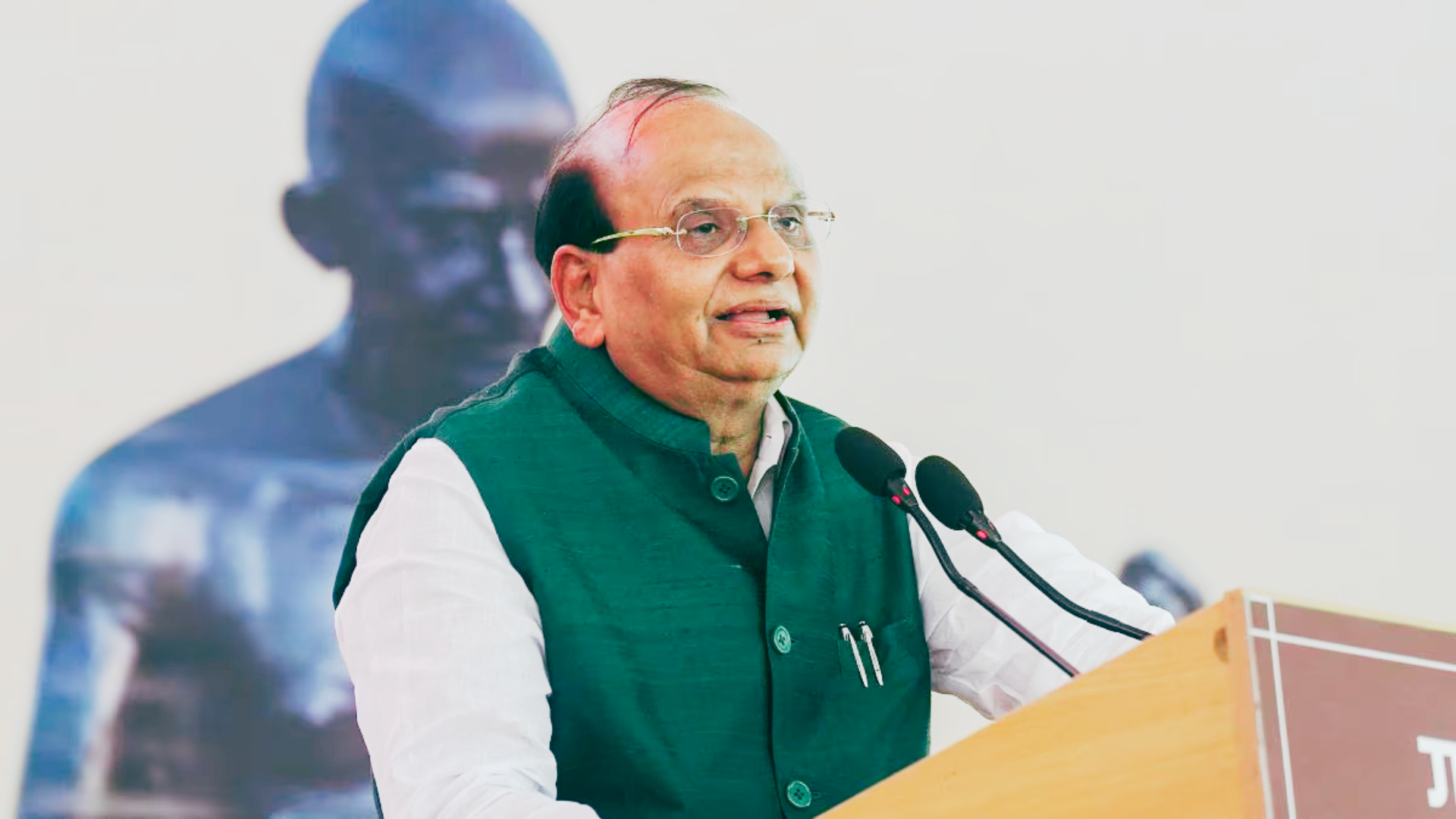
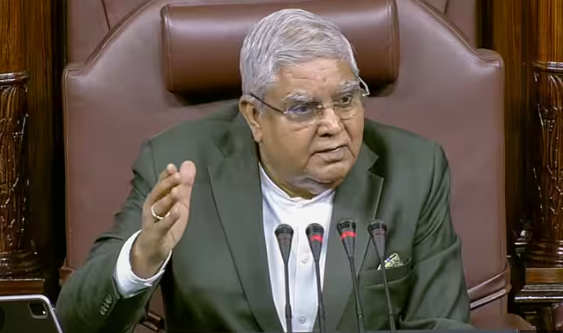
Vice President Jagdeep Dhankhar said on July 4th that the time has come to introduce the Uniform Civil Code (UCC). He emphasized that any further delay in implementing the UCC would be corrosive to India’s values.
The Vice President of India, Jagdeep Dhankhar, addressed the 25th convocation of the Indian Institute of Technology (IIT) Guwahati and made several key points. He emphasized the need to introduce a Uniform Civil Code (UCC) in the country, stating that any further delay in its implementation would be detrimental to the nation’s values.
VP Dhankhar highlighted the significance of the Directive Principles of State Policy (DPSP), considering them fundamental in the governance of the country. He stressed that it is the responsibility of the State to transform these principles into actionable rules. He cited examples of DPSPs that have already been translated into law, such as panchayats, cooperatives, and the Right to Education and called for the implementation of Article 44 of the Constitution, which pertains to the Uniform Civil Code.
Dhankhar expressed concern about attempts to tarnish India’s image and the frequent orchestration of anti-national narratives. He emphasized the need to effectively rebuff those orchestrating narratives against the nation and asserted that no foreign entity should be allowed to meddle with India’s sovereignty and reputation.
Describing India as the oldest, most significant, most functional, and most vibrant democracy that contributes to global peace and harmony, the Vice President emphasized the importance of protecting India’s flourishing democracy and constitutional institutions.
He also spoke against corruption, stating that there is zero tolerance for it now. Dhankhar called for the establishment of a corruption-free society, highlighting that corruption is anti-democratic, leads to poor governance, and hampers economic growth.
Dhankhar disapproved of individuals resorting to street protests instead of following lawful processes when faced with allegations of corruption. He urged students to take pride in being Indians and appreciate the country’s historical achievements.
Furthermore, he praised Chief Minister Himanta Biswa Sarma of Assam, commending his action, vision, and execution. Dhankhar mentioned that he shares a common background with the Chief Minister, as they were both lawyers at one point in time. During his convocation address, the Vice President encouraged students to be tolerant and consider other points of view, as often the correct perspective can come from alternative viewpoints.
The Governor of Assam, Gulab Chand Kataria, the Chief Minister of Assam, Dr. Himanta Biswa Sarma, and other dignitaries were present at the convocation ceremony. A total of 2,011 students from the Silver Jubilee batch of IIT Guwahati received their degrees, marking the 25th Convocation Ceremony. Over the past 25 years, more than 20,000 students have graduated from IIT Guwahati. The institute aimed to celebrate its Convocation Silver Jubilee by promoting science and technology through knowledge enhancement and cutting-edge research.
The UCC is a proposed set of personal laws that would apply to all citizens of India, regardless of their religion or community. The UCC has been a contentious issue in India for many years, with some people supporting it and others opposing it.
Dhankar’s statement comes at a time when there is renewed interest in the UCC. In recent months, several state governments have announced their intention to introduce the UCC. Dhankar’s statement has been met with mixed reactions. Some people have welcomed his call for the UCC, while others have criticized it.
Those who support the UCC argue that it would help to promote equality and social justice in India. They say that the current system of personal laws is discriminatory and that the UCC would provide a uniform set of laws for all citizens. Those who oppose the UCC argue that it would be a violation of religious freedom. They say that the current system of personal laws allows people to follow their own religious beliefs and that the UCC would force everyone to follow the same set of laws.

